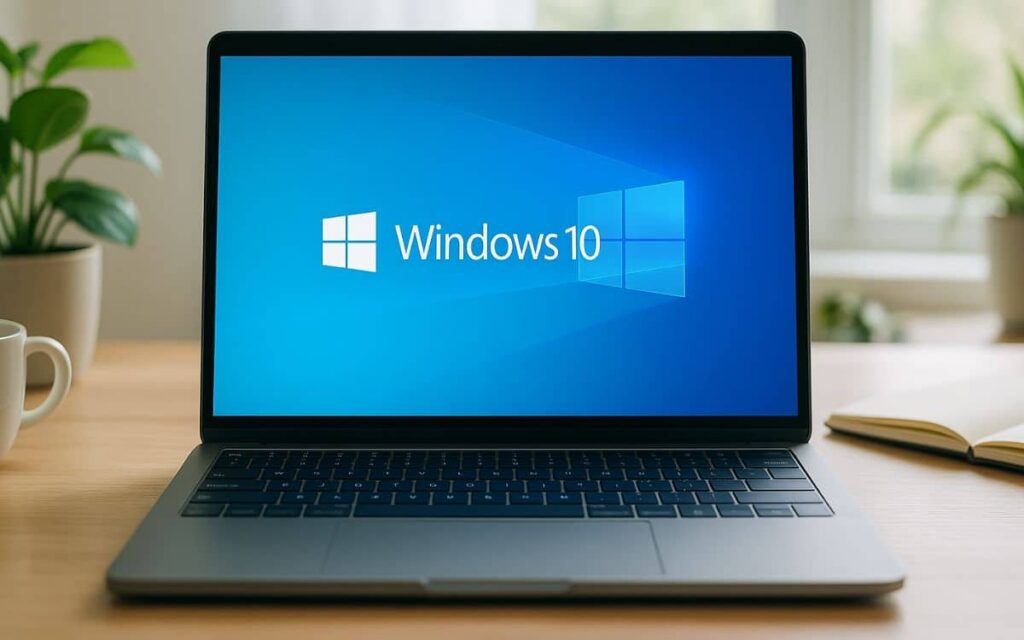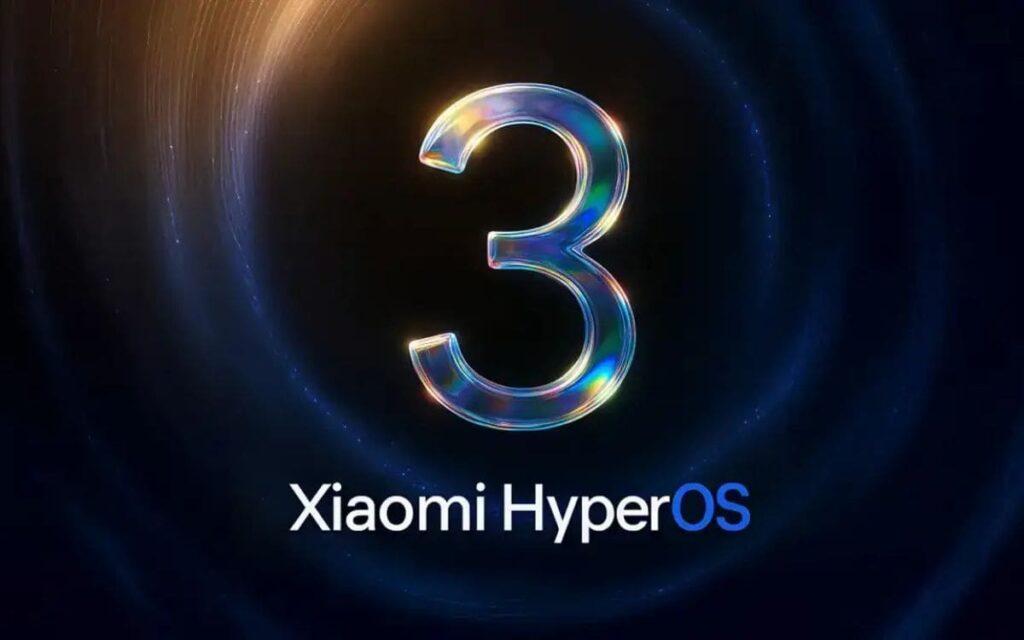Microsoft was surely expecting this, but Windows 10 is holding up better than anticipated following the end of its support. It’s been nearly a month since the operating system has no longer been supported by the Redmond firm, specifically since October 14, 2025. Yet, this version of the OS still powers 41.7% of PCs according to StatCounter.
Indeed, while Windows 11 leads the rankings with a market share of only 55.2%, the gap is quite narrow. Despite being out of support—with certain versions lacking updates—Microsoft has clarified the situation.
Windows 10 Is Still Present for Millions

For the past five years, Windows 11 has been gaining ground but has never led to the expected migration. Windows 10 remained the preferred operating system for users in the ecosystem until July 2025, when the current version from Microsoft surpassed it for the first time. In short, an exceptional longevity that contrasts with Windows’ historical patterns.
Windows 7, which recently saw a resurgence in popularity, illustrates an exceptional scenario. In its last month of official support, the operating system accounted for only 24.9% of the computers. Users were much more willing to migrate to Windows 10 back then than they are today to switch to Windows 11.
It is worth noting that the current operating system is plagued by numerous bugs that Microsoft has failed to resolve, leading to user reluctance. While it took three years for Windows 7 to drop to a minimal market presence, Microsoft appears to be preparing for a much longer duration for Windows 10.
Why No One Likes Windows 11?
Several factors explain the enduring preference for Windows 10, which has recently provided its final updates. First and foremost, its stability and user-friendly interface reassure both individual users and businesses. No major complications have been reported, resulting in its strong presence in the professional world. Windows 11 imposes hardware requirements that inherently exclude millions of PCs still running fine.
The end of support for Windows 10 also benefits competitors, particularly Linux distributions. Surprisingly, some users are even abandoning the Microsoft ecosystem entirely to adopt macOS.




